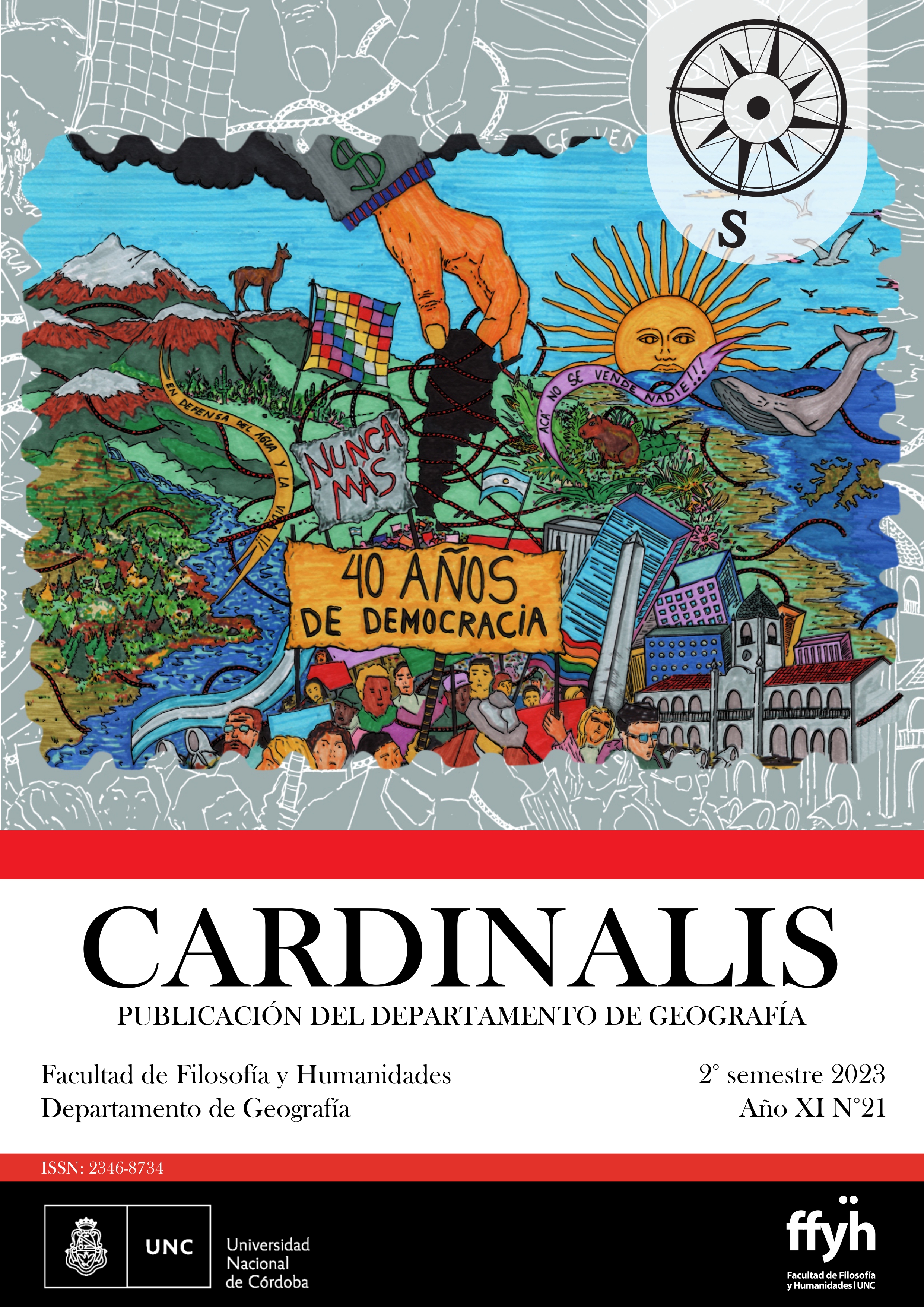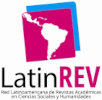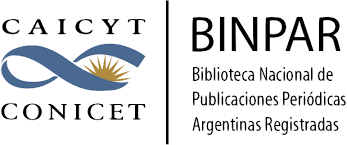Urban environmental conflicts due to elite urbanism in the east of the metropolitan area of Montevideo
Abstract
In recent decades, Montevideo has experienced a process of metropolization that has unique characteristics depending on the axis of access to the city. Part of the eastward expansion has been marked by residential mobility of high-income sectors towards gated communities and buildings around urban lakes. The renovation experienced has given rise to the emergence of conflicts between local authorities and organized neighborhood groups who oppose certain urban transformations. This article studies the conflict in the Botavara and Pesquero lakes in the Municipality of Ciudad de la Costa due to high-rise real estate development. Starting from a case study and using interview, observation and press analysis techniques, the article identifies the actors involved in the conflict, describes the claims, the main milestones of the conflict and the repertoire of actions followed. by the organized neighborhood group. The results of the conflict were unfavorable to the interests of the inhabitants of the lakes, the construction of high towers could not be stopped. However, returning to the focus on the productivities of conflicts, the article suggests a series of effects of the conflict that would have strengthened the inhabitants of the neighborhood in general and, in particular, the group of neighbors as a collective subject. They highlight processes of reflexivity and territorial production, the political construction of the group of neighbors as an actor willing to dispute the patterns of urban development and the critical appropriation by some neighbors of the legal instruments of territorial planning, used to argue their positions before power. political and business.
Downloads
Downloads
Published
Issue
Section
License
Copyright (c) 2023 Víctor Borrás Ramos, Marcelo Pérez Sánchez, Juan Alves Zapater

This work is licensed under a Creative Commons Attribution-NonCommercial-ShareAlike 4.0 International License.
Aquellos autores/as que tengan publicaciones con esta revista, aceptan los términos siguientes:- Los autores/as conservarán sus derechos de autor y garantizarán a la revista el derecho de primera publicación de su obra, el cuál estará simultáneamente sujeto a la Licencia de reconocimiento de Creative Commons (indicada abajo) que permite a terceros compartir la obra siempre que se indique su autor y su primera publicación esta revista.
- Los autores/as podrán adoptar otros acuerdos de licencia no exclusiva de distribución de la versión de la obra publicada (p. ej.: depositarla en un archivo telemático institucional o publicarla en un volumen monográfico) siempre que se indique la publicación inicial en esta revista.
- Se permite y recomienda a los autores/as difundir su obra a través de Internet (p. ej.: en archivos telemáticos institucionales o en su página web) antes y durante el proceso de envío, lo cual puede producir intercambios interesantes y aumentar las citas de la obra publicada. (Véase El efecto del acceso abierto).

Esta obra está bajo una Licencia Creative Commons Atribución-NoComercial-CompartirIgual 4.0 Internacional.






